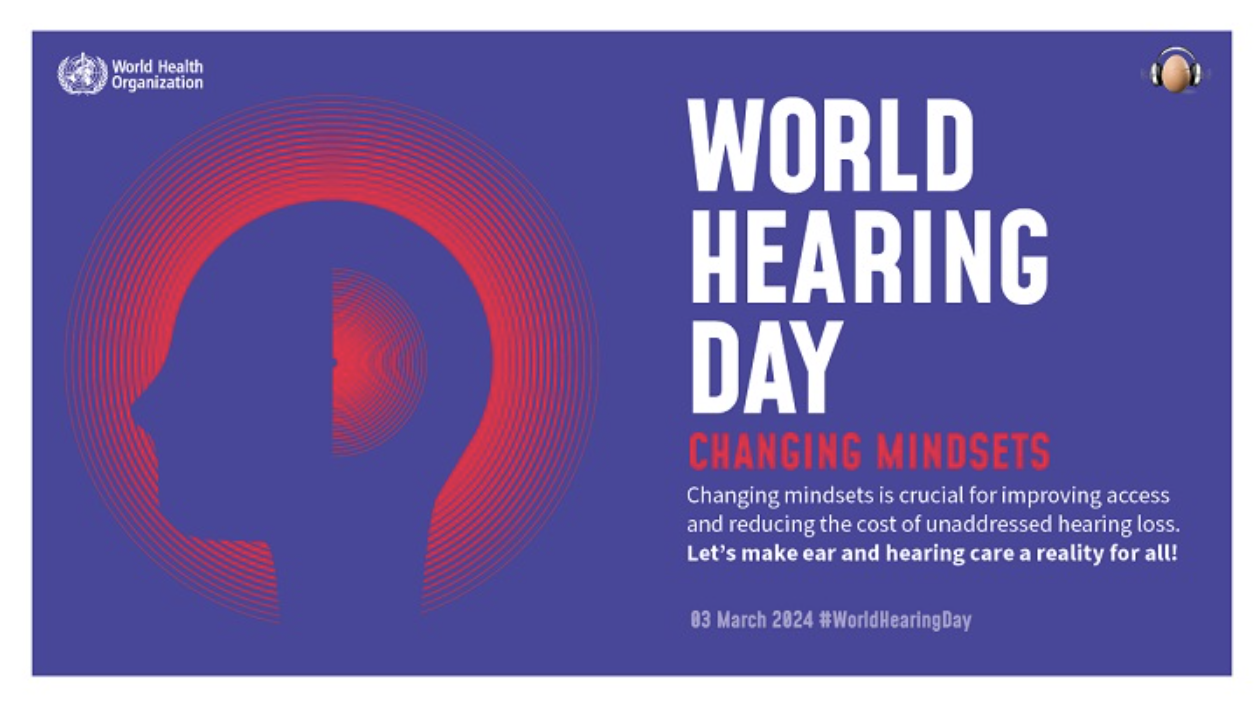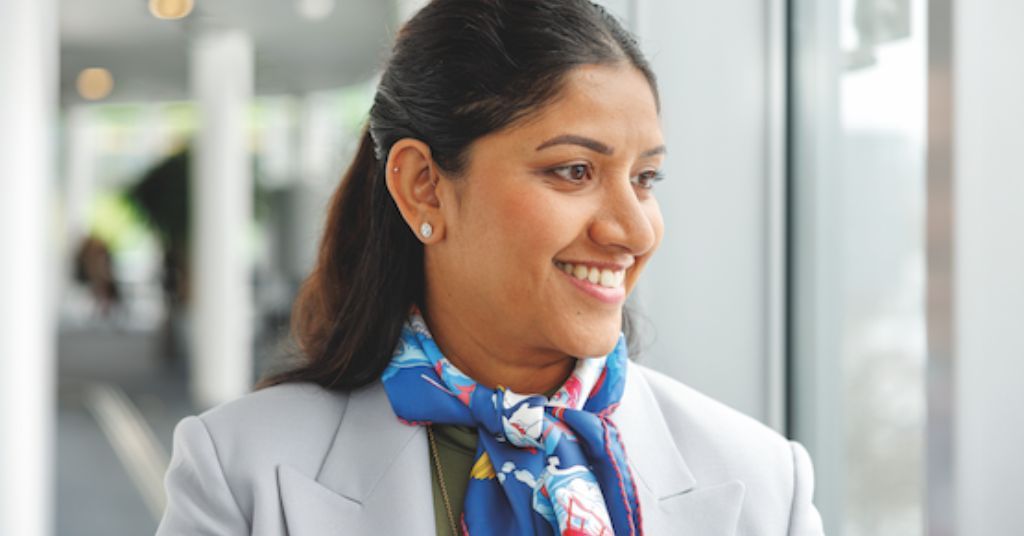
Yoga and meditation classes are challenging with hearing loss
February 28, 2019
Hearing loss and learning disabilities in adults
March 2, 2019Surgeon who pioneered cochlear implant surgery gets his own device

If Dr. John Rice had been asked in 1975, “Will the bionic ear ever be a reality?” he would have said – and did say later on – “Yes, but not in my professional lifetime.”
Fast forward decades, and not only did this Ear Nose and Throat (ENT) surgeon pioneer cochlear implant (CI) surgery in South Australia in the 1990s, but he recently received one himself. Talk about coming full circle.
Professional life
More than 50 years ago, Dr. Rice became interested in helping deaf children hear when he worked at a women and children’s hospital in London. He moved to Australia from the UK as a fully trained ENT surgeon. In 1991, Dr. Rice operated on the first child in South Australia to receive a CI. During his career, he operated on 50 kids, mostly under 3 ½ years old with the youngest being 14 months. He also had a few adult patients; the oldest was 84 years old.
“In 1991, Dr. Rice operated on the first child in South Australia to receive a CI.”
In a speech he gave to The Cora Barclay Centre (formerly known as the South Australian Oral School) – which he’s been involved with for 50 years – Dr. Rice said “the success of a cochlear implant is dependent on many people of whom the surgeon is perhaps seen as the star, but is by no means the most important.” He tipped his hat to the pediatric audiologists who program children who have never heard and therefore can’t respond in quite the same way. After acknowledging other necessary members of the team, he paid tribute to the courage of parents in the early 1990s when so many things were unknown: the success rate, potential complications, or even the duration of the device.
Dr. Rice’s hearing loss
In 1969, Dr. Rice first noticed hearing loss in his right ear. It fluctuated up and down and then gradually became worse. In the last five years or so, Dr. Rice has had no useful hearing on that side. The hearing in his left ear has deteriorated as he’s grown older. In any sort of background noise, he’s had great difficulty with conversation even with a conventional hearing aid in his left ear.
Dr. Rice’s wife told ABC News Australia that he had started to seem isolated and withdrawn. His hearing loss was affecting his relationships and their communication. Because of this, he sought out Dr. Michael Schultz’ advice. Dr. Schultz is a former student of Dr. Rice’s, and is fondly referred to as his protégé. He’s now an ENT surgeon at The Memorial Hospital in Adelaide.
Dr. Rice knew that the criteria for CI surgery isn’t as stringent as it was when he was operating, when “profound bilateral deafness was really the only indication.” Dr. Schultz said he’d go ahead with the CI surgery if Dr. Rice wished. With the backing of his wife, Dr. Rice chose to get a cochlear implant at the age of 85.
Dr. Schultz told ABC News Australia that he was slightly nervous when he found out he had to perform the procedure on the very man who taught it to him years ago. “I must admit when I saw his name on my patient list one day, I thought, ‘Is that John?’” he recalled.
Read more: Cochlear implant surgery: Preparing yourself and your infant
On the other side
On October 29, 2018, Dr. Schultz inserted an implant in Dr. Rice’s right ear. When asked what it was like being a patient of a procedure he’d done professionally, Dr. Rice responded, “The surgery was no different for me than any other surgery I have had, except perhaps being totally familiar with the procedure which has changed very little over the years. I had no doubts about its success. I also had a brilliant and experienced surgeon in whom I had complete faith.”
“The surgery was no different for me than any other surgery I have had, except perhaps being totally familiar with the procedure which has changed very little over the years.”
Activation was November 20. As the news reported, when the implant was first turned on, Dr. Rice said the noise coming through was very loud, like a mouse squeaking in his ear. An hour into this appointment, he was exceeding the audiologist’s expectations and hearing every sound.
The speech he gave to The Cora Barclay Centre was shortly after his activation. He announced, “I have now joined the band of implantees. It is going well, and I know it will get better still.”
Now that a little more time has passed, Dr. Rice says he’s been surprised by how many people have commented that his speech is much quieter. His hearing has improved and he’s advised that it’s likely to continue to do so for three to six months and even longer. The only drawback he’s experienced so far is an increase in the mild “giddiness” he had before surgery, especially when the device is on. He expects this to improve. “I have been surprised and encouraged by the improvement in my [speech] discrimination, which I’m sure will get better,” says the doctor who has become the patient.
Learn more about cochlear implants here!



